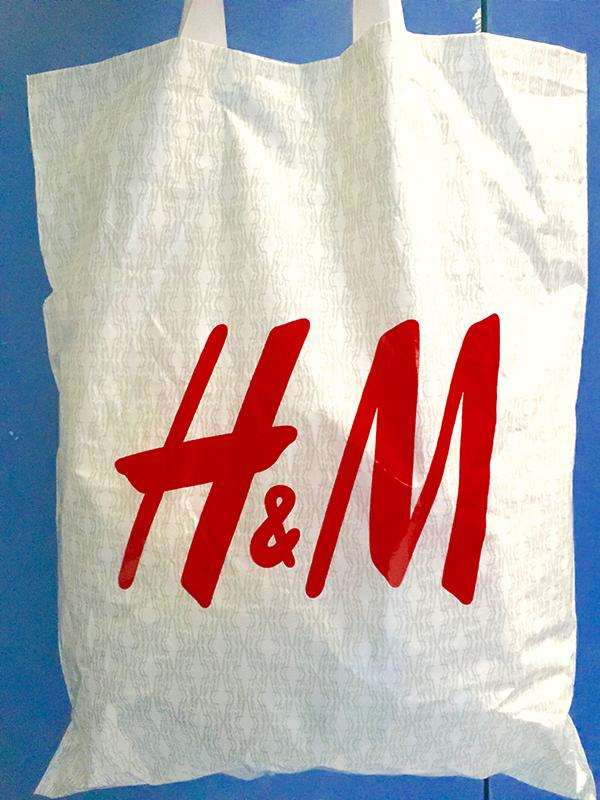Can Fast Fashion Really Green the Industry?
H&M began a new campaign in the hopes of integrating fashion and sustainability, but their initiative falls short.
May 2, 2016
During this past Earth Week, H&M launched World Recycle Week to collect unwanted garments from customers, offering a 30 percent coupon as a reward throughout its over 3600 stores worldwide.
H&M said it aimed to collect at least 1000 tons of old garments for this sustainability campaign. World Recycle Week was not the first time H&M tried to take a lead in eco-fashion. The company started its Garment Collecting initiative three years ago, in which they gave a new life for the collected items by turning them into either re-worn items sold in second-hand stores, clothes or textile fibers for new clothes.
Gaining headway on environmental issues could be a great branding strategy for H&M considering many of their target customers are growing up during the age of climate change. To take an initiative in sustainability not only helps H&M build an eco-friendly image and generate loads of publicity, but it also helps the global chain interact with customers and drive the brand loyalty. The cause sounds too good to be true, raising doubts of its actual ability to produce results.
H&M is the leader in fast fashion, yet fast fashion is not eco-friendly by nature. It is perpetuated by rampant consumerism and therefore churns out massive amounts of inexpensive clothes. This process has many harmful effects on the environment, burdening the earth with more carbon emissions and resource consumptions.
To be eco-friendly, garments should be long lasting. H&M’s campaign suggests that clothes are meant to be disposable rather than preserved.
H&M isn’t the only brand to tap into the growing ethical fashion market, though it might be the only fast fashion brand. Organic fashion is trending and the slow fashion movement is proceeding these days. Freedom of Animals, a NYC-based brand producing cruelty-free luxury bags with no actual leather, but instead organic fabrics, has gained traction recently. Stella McCartney, the trailblazer in making luxury fashion sustainable, has been continuing her efforts in discouraging overconsumption.
While it’s a commendable effort for H&M to show initiative in greening the industry, the truth and message do not always match. To create a real sustainable fashion future, we’d better buy less to waste less — both our money and our natural resources.
Email Lingyi Hou at [email protected].













































































































































Jessica • May 9, 2016 at 3:00 am
I love this idea! I think http://www.lilyboutique.com does it too.